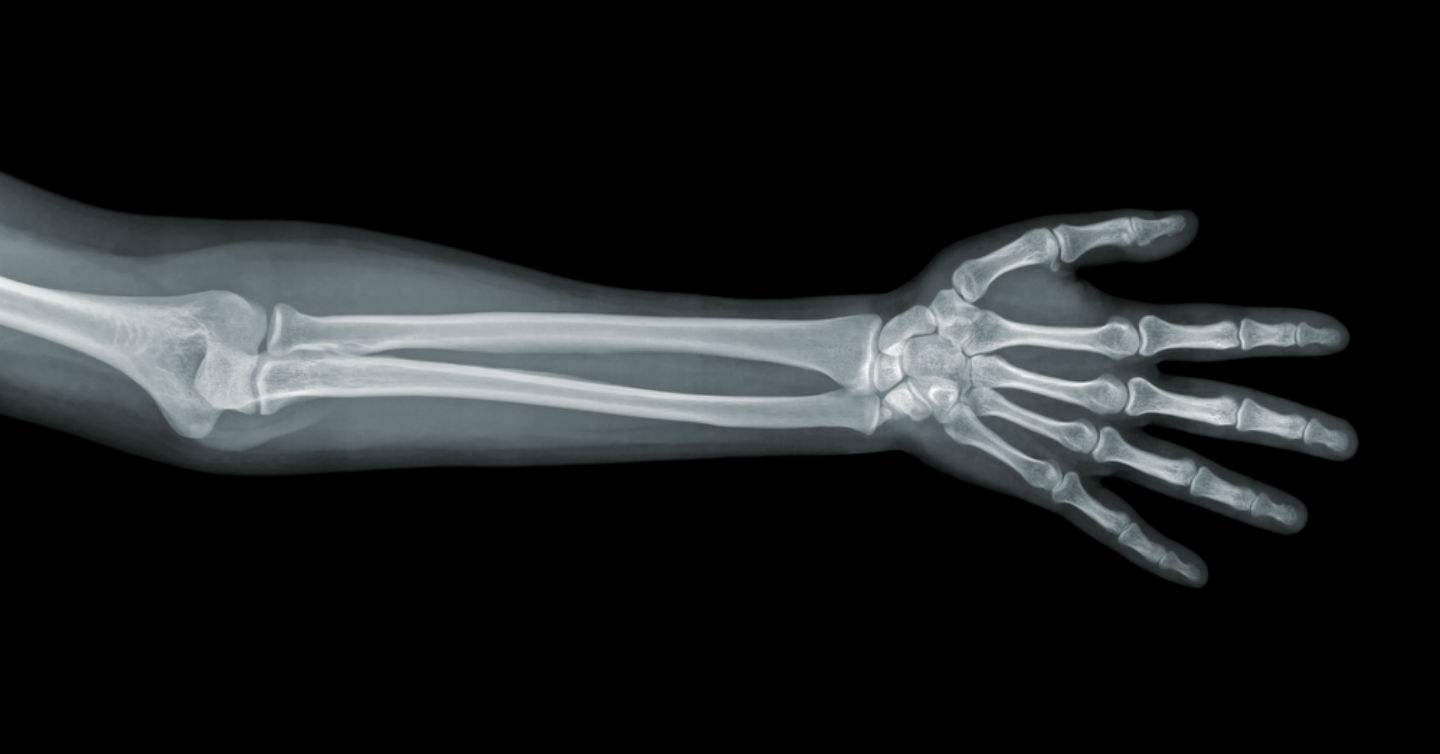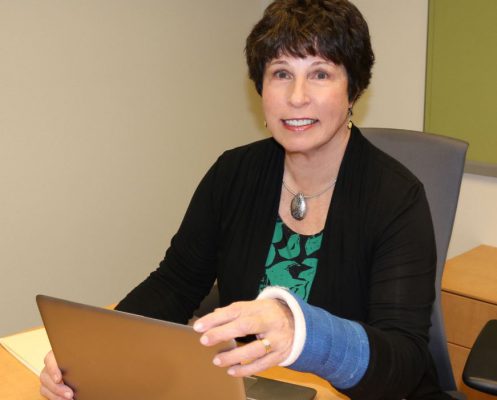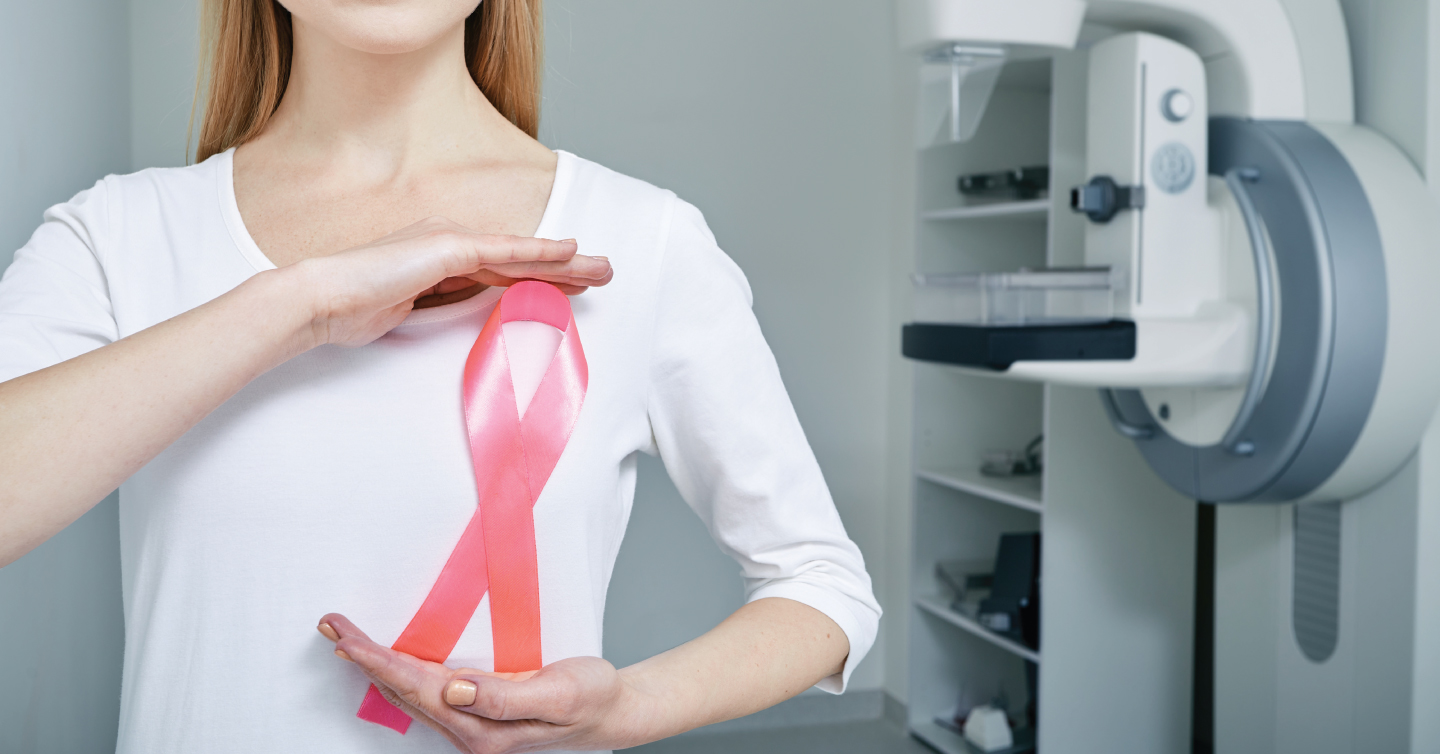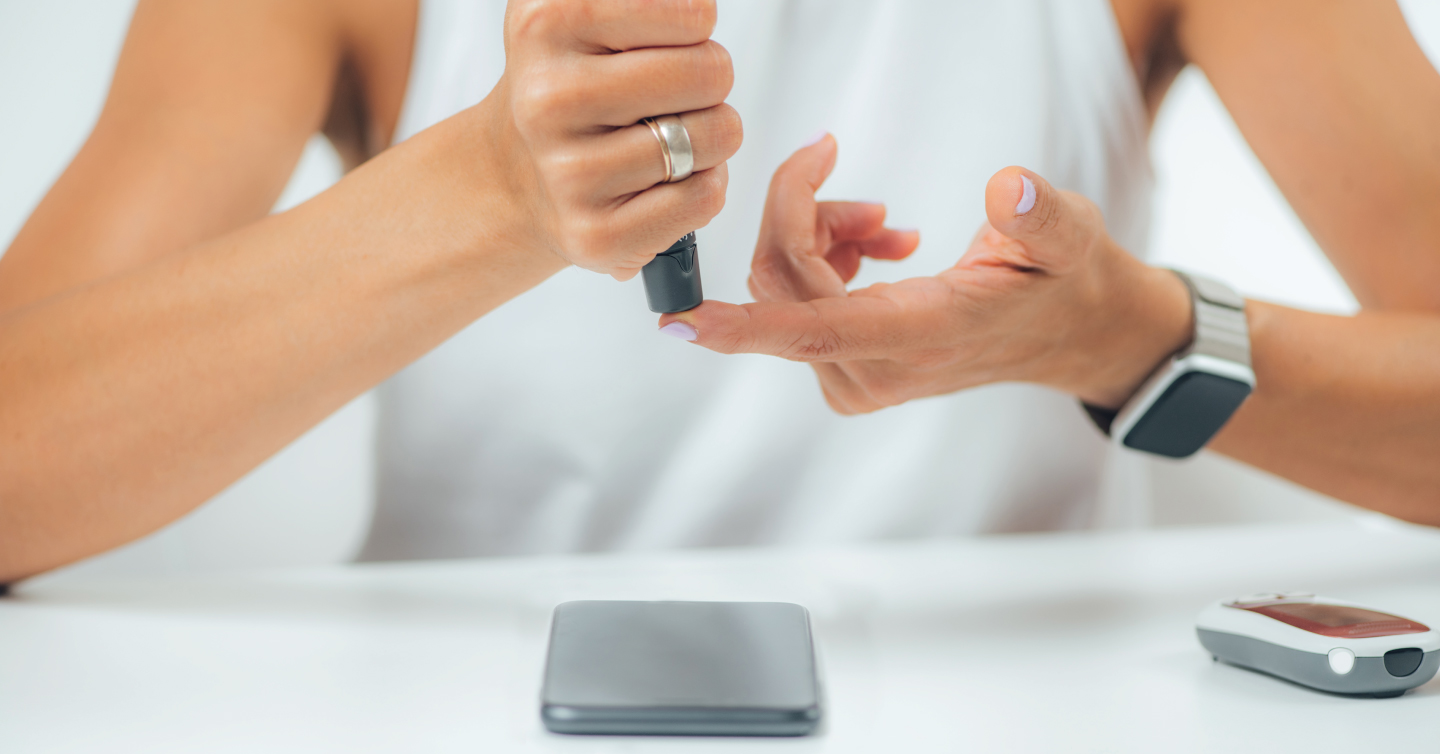Better Bones, Better Health

There is never a great time for a slip or fall, but when you’re on a cruise vacation with your family, it’s especially inconvenient. Network Health’s Medical Director, Dr. Rita Hanson, had been enjoying a beautiful day at the beach on the Jamaican coast when she decided to go for a dip in the ocean to cool off. On her way into the water, a rogue wave knocked her over. She made hard contact with a rock shelf just underneath the water’s edge. Luckily, she was able to break her fall by stretching out her left hand to protect herself.
It wasn’t long after the fall that Dr. Hanson noticed the swelling and pain in her left wrist. Back on the cruise ship, she visited the infirmary for an Ace bandage, wrapped it, and tried to move on and enjoy the rest of the trip. Dr. Hanson had been traveling with her grandchildren and she was determined not to let the injury slow her down.
About a week later, the injury was still plaguing her. Dr. Hanson made the trip to see an orthopedic surgeon. She learned she had a small fracture (broken bone) in her wrist and would need to spend the next five weeks wearing a cast. Looking at the bright side, Dr. Hanson was just happy she would have use of her thumb and she’d be cast-free by Christmas. Even if her granddaughter didn’t like the cast, it was still a much better alternative than surgery.

Because of her fracture, Dr. Hanson had a bone density test done. Thankfully, the test showed that Dr. Hanson does not have osteoporosis and, as she suspected, her bones were strong and healthy. Otherwise, the injury would have been much more severe after such a hard fall and likely would have required surgery.
To help minimize the effects of falls and fractures, it’s important to focus on bone health. All women ages 65 or over should get a bone density test. It is also recommended for younger women or men that have an above normal chance of fracture (such as a history of smoking, family members with osteoporosis, or breaking a bone between ages 35-65).
There are several other important steps you can take to protect your health. Dr. Hanson offers the following tips and advice.
Focus on healthy lifestyle habits – Limiting alcohol, staying away from tobacco products and exercising is so important for protecting bone density. Weightlifting is especially helpful.
Get plenty of calcium and vitamin D – In order for your body to absorb the calcium in foods like milk, cheese or yogurt, you will need to also get your daily dose of vitamin D.
Know your family history – You may not have heard your family members talk about osteoporosis, but there are signs you can look for. When people break bones in their 40s or 50s, it may be a sign of osteoporosis. Another indication is a ‘dowager’s hump’ (a rounding of the upper spine).
Talk to your doctor about medication – Sometimes a healthy lifestyle and calcium just isn’t enough. There are new medication options to stop bone density loss. There is a pill available that you only need to take once a month. And, if you are opposed to taking a pill, there are also single IV treatments that are effective for the entire year. Talk to your doctor and discuss what would be best for you.
Prevent falls – Most falls occur in your own home. One of the best ways to avoid fractures is to remove items that might cause slips. It’s a good idea to limit rugs, wear non-slip shoes, make sure you have grab bar railings installed in bathrooms and use lights with motion sensors.

